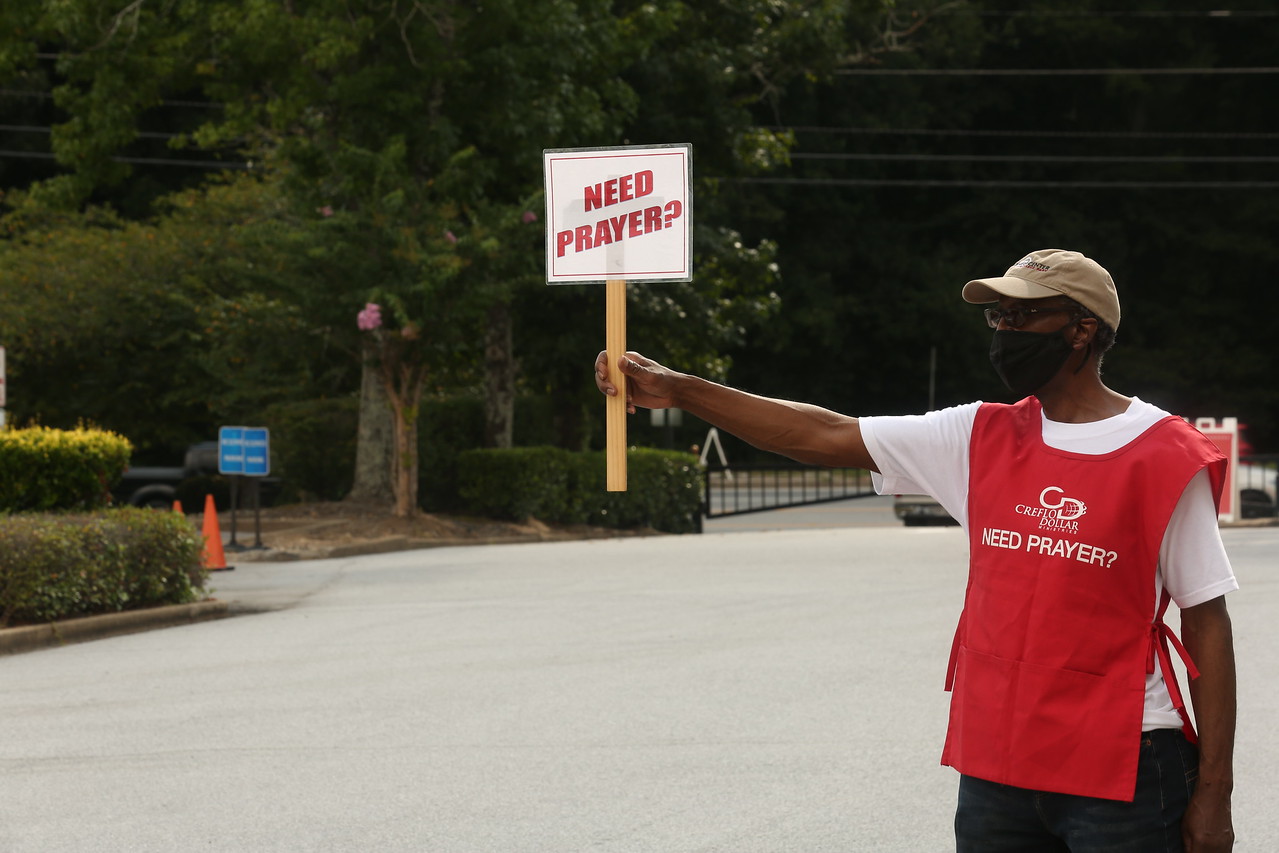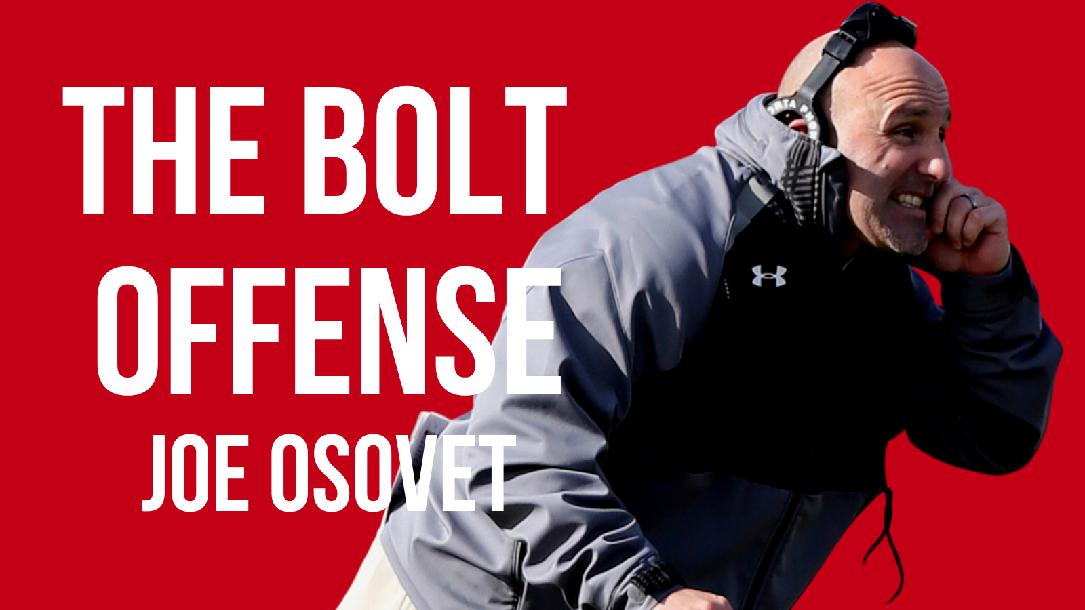- Author Randy Gonzalez


With a list of adversarial disputations, opposing forces to the right, freedom and reason of free speech endeavor to restrict essential constitutional safeguards. In particular, aside from illicit and dimwitted admonitions from the realms of academia, supernatural ideologies attack and defame essential necessity of personal expression. Among the antithesis of human liberation comes the terroristic psychological and physical pillaging of freedom by extremist fundamental occultic obsession. Led by the weak, the cowardly and the ignorant, selfishness abounds.
Politics is but one arena where “anti-thinking” foments the specious terrors of ignorance so grievous, that the viability of the American republic hangs in the balance. For some, perhaps even a majority, indulged in wonderment to consider the probably of eventual human extinction. To that apocalyptic end, the political processes are but elemental factor in an iceberg of societal selfishness. Closely aligned is the cult of celebrity worship. The contemporary idiocy, from Hollywood elitist to Washington politicians, promotes a dumber American society.
Most often, actors, like so many across mainstream society, spew the superficiality of their ignorance. Undereducated in so many aspects of the real-world, their fictional fantasies blur the distinction between the real and the surreal. All to often, such actions breach the viability of free speech in such condemning ways, as to rebuke the tenants of civility. Their divisive hate mongering tears at the basic foundations of the revolutionary spirit of freedom. Given the gluttonous satiation for selfishness, money, power, and control, prefers ignorance. A few years, a British publication asserted the lunacy of the “leftist elitist”. Building a case for the extremes of smug self-righteousness is a trail of clues related to education versus indoctrination.
With controversial engagements across the mainstream of society, some analyst ponder the perceived notions regarding a decline in educational ascendency. By contrast, a few agree that the American culture is declining with consequences that indicate an eventual collapse. As opposed to an enlightened constituency of well-educated, exceptionally competent and mature people, a devolution seems more realistic. Regardless of social strata, most of the population appears and acts in very immature and child-like ways. Being ignorant became more comfortable.
In accordance with the aforementioned sense of intellectual dysfunction, one psychologist recently echoed a similar theme, by what might be called “American dysfunction of anti-intellectualism”. Asserting a kind of pathology of ignorance, the writer offered an argument regarding the degradation of society by wide spread idiocy. By absurd, foolish and immature behaviors, including stupid commentary by elected officials, a deep sense of disappointment echoes among those seeking solutions to serious social issues.
By neither social status nor college degree is there any guarantee of extraordinary enlightenment. Likewise, regardless of educational institution, graduation does not infer the capacity for saving the planet, profound civil discourse or insistence upon the greater good. In an earlier time, philosophical admonitions favored the necessity for higher intellectual achievement beyond in formal system or communal process. Creativity was an important element in pursuing the pioneering spirit of innovation. Today, ingenuity finds few adherents.
In a post-modern context, disingenuous behaviors increasingly and negatively exhibit a host of adversarial interactions. Divisive examples are ever-present in news shows, as well as political forums. Emotional reactivity is frequently the choice of actions rather than serious analytic investigations. To insist upon a problem-solving venture by way of critical thinking and logical analysis is not typically the path chosen. A regressive tendency toward immature emotional responses animates an inclination toward promoting conflict rather than compromise.
While one person criticizes another for a posting in social media that may violate “community standards”, another vicious torments others for their political leanings. Intolerance for tolerance often depends on whether or not the other person agrees with another’s opinion. In prior times, open debate on controversial issues embraced the free spirit of candid commentary. Now, the opposite seems more likely. Sensitivity to everything shuts down the free exercise of alternative perspectives. At the same time, emotional reactivity threatens factual authenticity.
For the purposes herein, the issues surrounding the conceptualization of censorship relates to actions intended to suppress, restrict or otherwise prohibit the dissemination of an artistic expression. Primarily, the focus is toward social media, but not exclusively. As such, the prohibitions, or attempted prohibitions, referred to include restrictions on presentation or publication of various forms of authorship. Writings of various kinds, articles, stories, books, novels and so forth are examples. Additionally, consideration of creative works likewise pertain to movies, films, photos, drawings and other related works of art.
Whether an article on a controversial topic or an explicit depiction of photographic art, the matter at hand is the intentional prohibition of the art form. As an ongoing process of social and legal debate, censorship in contemporary social media, including news media, suggests an increasing antagonism toward innovative artistic endeavors. While the First Amendment (U.S. Constitution) is the fundamental expression of free speech, censoring an imaginative arty expression conjures debatable implications in terms of legality, equity, and liberty.
Aside from legal ramifications, the implications of censorship are manifold. Indirectly, one aspect entertained here is the notion that censoring an online artistic genre speaks to an era of ignorance. As intellectual capacity, along with a maturity for enlightened thinking, diminishes over time, increased infantile reactivity is more likely. In post-modern consideration, contemporary efforts by social media to curtail selected expressions represent oppression. A “tyranny” of intolerance pretending to be tolerant pervades social interactivity.
Another aspect suggests a devolving process of thinking that is detrimental to human civilization. If, for instance, there is a supposition that the human species is advancing, a counter argument might infer the contrary. Contemporary sensitivity appears at an all-time low in terms of overreaction to just about anything. As controversy arises over criticism of an individual, an ideology, or a flag, or baseball cap, a posting occurs on the net to demonstrate outrage.
Extraordinary simplification, excessive rationalization and contentious divisiveness degrade any semblance of a civilized society. As such, there is a sense of arrogance in the ignorance. In an article for a national newspaper, the online admonition of American society focused on the commonplace “embracing of ignorance”. Accordingly, the claim points to the current trend of glorifying ignorance and disdaining intellectualism. While believing in something without facts or evidence is one thing. It is quite another to make public policy based on belief.
Someone might question which is worse, not having evidentiary substantiation, or denying the reality of factual relevance and doing something stupid. This is where a serious regard for rationality searches carefully among the volumes of psychobabble to question the nature of proof. Solvability of an issue invites the various aspects of efforts directed toward provability. For most issues, many rely on gossip, hearsay, opinion and superficial conjecture that says nothing and does nothing. Frequently, this satiates an inner desire to make idiotic notions valid.
Another headline from a different informational perspective asserted a study that suggested people do not like their strongly held beliefs questioned. Based on a limited research configuration form a major private college, researchers sought to assess the knowledge base of the average voter. As related to things like climate change, for instance, overuse of information dissemination may case deeper controversies to arise. Too much information leads to confusion among diverse parties to a public debate, especially if the basis for knowing something is limited.
A debasing conjecture might suggest that an entity or external mechanism causes people to do one thing or another, but that is dangerously misleading. Not only that, but also such specious notions perpetuate an atmosphere of ignorance. Such things become a vicious cycle of regressive tendencies for the sake of foolish excuses. As to that, the commentary is often heard about how the “internet makes people stupid”, or how “technology” or “social media” contributes to violence, etc. Briefly, inanimate objects cannot make people do things.
Lifeless inert “entities” do not possess the power for such influence. People intentionally and willfully make their own choices and there are no excuses for their bad decisions. However, to ensure the lofty status of ignorance, many will concoct all manner of mitigation. By malice aforethought, premeditation and intention infliction, people do all kinds of perpetrations. Once the blame went to demons, ghosts and goblins. Today, it is just about anything external to the person that receives blame for maladaptive behaviors. Not much difference than demonic possession.
Regardless, such human antics do not elevate the species to an advanced civilization by any stretch of the imagination. Grotesque and undignified fallacies of inference permeate talk shows, talking head news outlets, schoolrooms, legislative sessions, social media and the list goes on. Subjective validation for the sake of cognitive bias, absent facts and evidence, supplants in-depth critical analysis based on vigorous inquiry. Instead, the modern malady of social discourse tends to rely heavily on opinion in an appeal to inauthentic “authority”.
Such an appeal to the pretention of some source, or someone, possessing the exceptionality of an authoritative perspective, is potentially dangerous. The guru, the shaman, the spiritualist, or the metaphysician, are likely to perpetrate grievous errors of self-centered thinking. As alluded to earlier, in a stardom-fixated culture, the incessant adoration surrenders to the opinion, gossip or rumors fomented by popularity. Using fame and fortune as a benchmark for knowledge and wisdom encourages a larger framework of social stupidity. Because someone can play a part in a movie, perform on stage, or nominated for an award, does not confer enlightenment.
Yet, repeatedly, “intellectual capacity” is erroneously ascribed to a star personality, whether movie luminary or talk show host. Similarly, as 24/7 cable network news sources slant toward personal opinion, the greater the probability of shallow thinking. In reality, these could actually be some of the most notoriously uninformed people on the planet. A careful analysis of the contemporary rhetoric reveals a serious failure of fact driven analysis. Evidence seems to have lost its value and necessity in favor of personal opinion. Repeatedly, feelings are valued more.
Continuing the commission of the decline of intellectual honesty, a collegiate talk show interview of one researcher expressed disappointment in politicians. Reminiscing the sage commentary of one of the founding fathers, the republic is in danger when ignorance has an expectation of freedom. To paraphrase, as stupid culture cannot hope for a free society. In a frightening reflection on modern society, a researcher points to the foolish discourse found in American politics. Politicians often say the stupidest things.
One point of view on this matter of egregious ignorance in political commentary, relates to how such fallacies mirror society. Whether by partisan bias, political expediency, or contrived selfishness for power and control, the lack of intellectual curiosity and analytic reasoning undermine the principles of a democratic republic. Worrisome is the notion as to the trend toward anti-rationality, or the ability to ensure constructive reason in logical analysis.
That coupled with the arrogance of embracing ignorance ought to be the warning signs of a collapsing culture. A few would argue the disastrous consequences for the human species. Others aligned with the fear of eventual human extinction would accept the idea that this is the dawn of the “zombie apocalypse”. The debasing nature of stupid thinking, or as some would prefer, “magical thinking”, portrays an era of conceited preference for being uninformed. To exploit that with emotional reactivity and cultural advancement devolves to regressive depths.
Meanwhile in academia, the bastion of knowledge and wisdom, a presupposition asserts the posture that high levels of intelligence mount the precipice of human advancement. When the laughter dies down, some argue there is no guarantee of vast realms of enlightenment within the hallowed halls of ivy towers. According to some educators, just the opposite is the reality. One college professor offers an assessment of the “dumbest generation”. By way of little or no mature leadership, trendy vulgarity, simplistic thinking and a host of other intellectual maladies, younger generations insist upon a devolving mediocrity of infantile narcissism.
In addition, the contentions, as to a devolving state of arrogant ignorance, falls upon lazy self-righteousness smugly neglecting the rigors of human advancement. A failure to ascend beyond adolescence and insist upon a mature grown world condemns society to eventual collapse. According to some, a small niche of serious minded mature individuals, the “dumbest generation” or generations, do possess sufficient capacity to deal with future societal problems. A fundamental deficit of critical knowledge in areas of commerce, industry, government and educational institutions hastens the regressive deterioration of a democratic republic.
One may or may not want to transpose “knowledge deficit” with stupidity. Applying a stupidity factor might hurt the sensitivities of those desiring to remain adolescent into adulthood. Nonetheless, a serious shortfall in socio-economic and political astuteness traversing rampant throughout mainstream society is dangerous. Added to that burdensome responsibility of being generally smarter than average, are the woefully scarce levels of historical ignorance. As earlier writers warned, failing to learn from history is the vital lesson of history. Coupled with educational narrowmindedness, particularly in collegiate settings, along with ideological agendas, the perpetration of “dumbing down” continues to erode the higher prospects of intellectualism.
Assuming an exceptionality principle from the realms of real science, there are always noteworthy exemptions from sweeping generalities. However, when it comes to humankind and the maladaptive intentions of foolish behaviors exceptions few. With the political arena for instance, there are very few exceptions of extraordinary intellect, with wise and mature exhibitions of serious leadership ability. As younger generations run for public office, let us say those under 40 years old, where most millennials reside, the prospects get scary. The arrogance in ignorance expands astronomically among the younglings attempting to manage governmental organizations. At the national level, stupidity in spite of alleged college education is frightening.
In pursuit of the warn paths of least resistance, asserting the nebulous notions of pretentious offense, the ignorance of the many fixate on the “selfieness” of selfish promotion. Once the unimaginative protest proclaims self-defeat, the unlabored ignorance relishes in the satiation of less strenuous mediocrity. Criticisms rage the hallow failures of critical thinking for the amative excitement of myth, magic and metaphor. Refuge finds company in the shallow fluff of forsaking reality for immediate gratification. Blustering blather endangers the republic.
For the gushing eroticism of quick release, the fatted bellows bemoaning the logic and reason of serious thought spew impotent conjecture. As to the perpetration of tired ideologies, reinvented by venal strains of limp minded arrogance, fear of evidentiary substantiation perpetrates the replacement of facts with fictions. Haughtiness of unintelligent, uninformed and uneducated self-imposed offensiveness, breed the illicit dangers that threaten cultural ascendency. Within that framework, the absence of profound creativity stifles the advance of enlightenment.
Acting “anti-social”, a word used too frequently in an ill-informed society, portrays an easily chosen means to get what one wants at the expense of others. Given the options, people will always act in their self-interests, which could beneficial or not. Excuses for stupid behaviors have run the deceptive and manipulative gambits philosophies as “science”, to political commentary as fact. Fictions promulgate the deceptive intentions of ill-intentioned adherents, presupposing their ignorance remain unchallenged. As to a majority that follow the superstitions of misguided dogma, the doctrines of illicit ideologies forsake the viability of social advancement.
For some, there are UFOs in every mysterious movement in the sky. Others delve into the phantoms of phantasm, where ghosts, goblins and gremlins lurk. From there, the adventure skirts the outer regions of mindful ideations to chase the mysterious manifestations of social dysfunction. In that, the instigators provoke the terror of monsters from the Id. From illusions thought real, which fail the proof of real scientific validation. As gullibility runs amuck, the believability leaps to faithful allegiance to chemical therapies for hidden demonic forces.
To perpetuate an industry of “mind-body-illness-wellness” forsakes the liberation of individuality to promote the feeble excuses of the many. From invisible “addictions” to superstitious flirtations, inflictions unfold that oppress and enslave as many as possible. In part, such antics promote the anti-intellectualism rising in contemporary context. As a result, some fear the arrogance of ignorance is one of the most deadly threats to modern society.
Published multi-genre author, 35 plus years field of criminal justice and law enforcement; college professor in criminology;




















